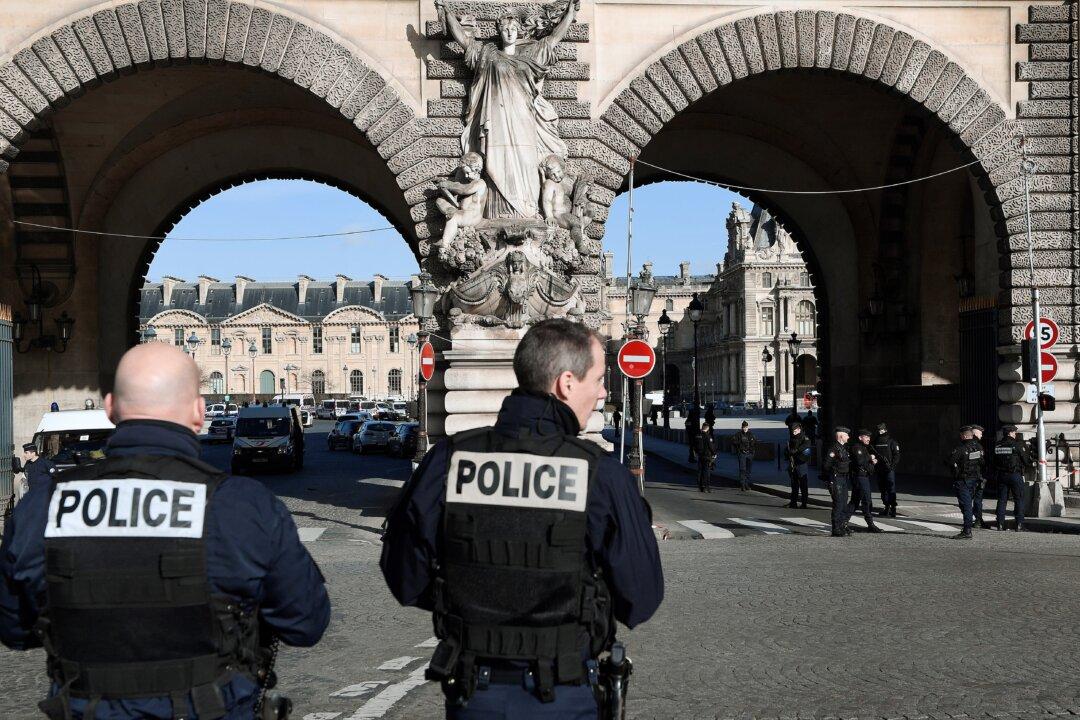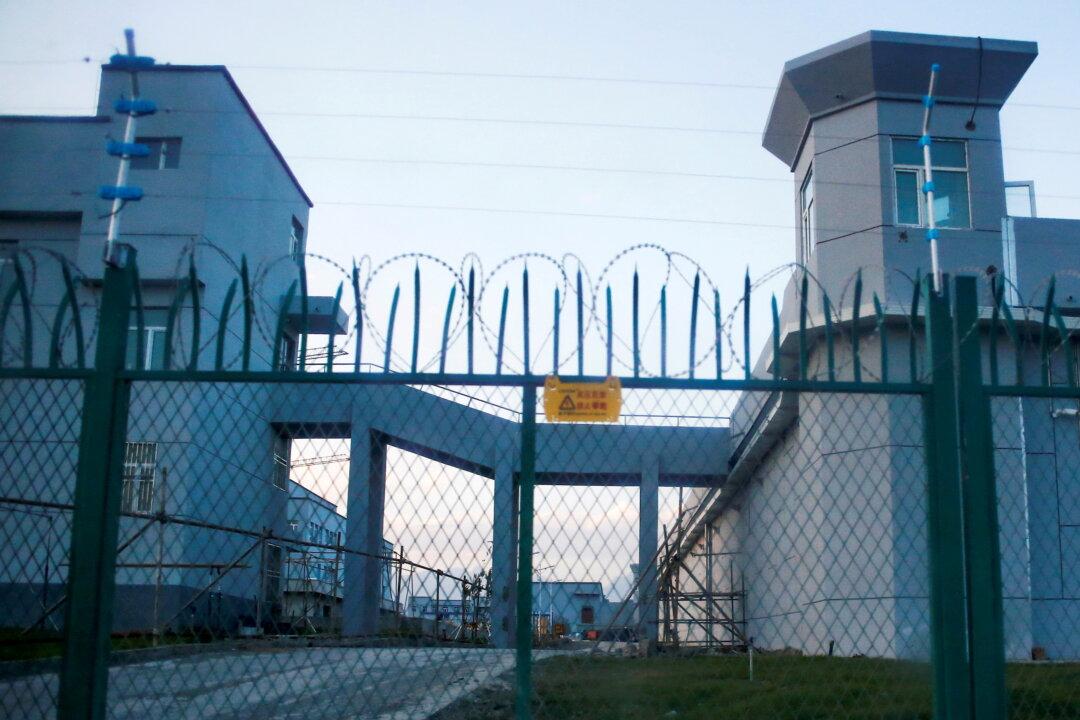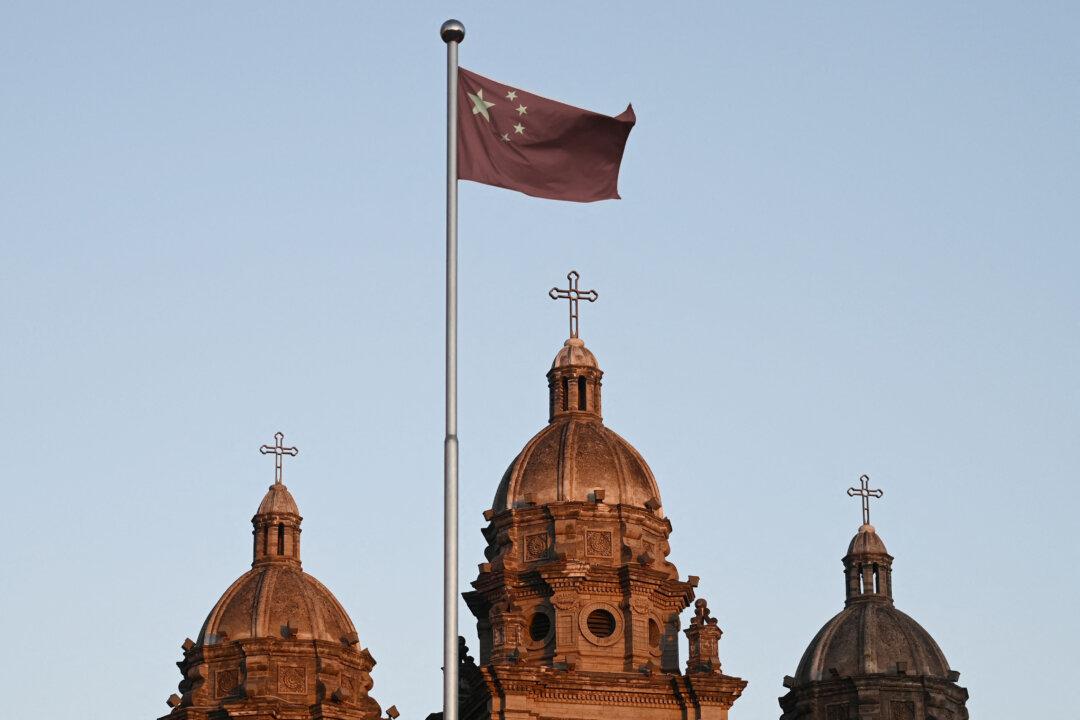Commentary
In the intelligence and law enforcement world we have what is called a “duty to warn.” This means that if we come across reliable information (sometimes, intelligence) that someone—or several someones—is in danger we have an obligation to tell them. Even if this sometimes risks exposing sensitive data it is all in all a good idea, I would submit.
When it comes more specifically to terrorism, there are tools called “national threat levels.” These are usually set by intelligence agencies and are based on those organizations’ assessment of just how high the likelihood of an attack is at any given time. Again, this judgment call is derived from investigations using human and signals intelligence (HUMINT and SIGINT respectively).
Of late, several Western security agencies have stated publicly that they are on high alert for more potential attacks, especially those in France, Sweden, and the Netherlands. This increased sense of danger is tied to the recent ISIS-K attack in Moscow which, at the time of writing, had claimed 137 lives (one of the worst jihadi attacks in the West in some time).
In addition, in the months leading up to the Christmas holidays last year, several nations also raised their threat level, usually set at “medium,” to reflect more serious concerns. These countries included Belgium, Austria, Germany, and Denmark. Many of these decisions were linked to the Israeli-Hamas conflict in Gaza and a recognition that jihadis had their eyes on targets in the West, especially Jewish institutions. More narrowly, Quran burnings in some of these countries stoked fears of retribution attacks (the deaths of two Swedish football fans in Belgium last October were most likely tied to the anger over the destruction of Islam’s holy book).
Closer to home, the head of the FBI announced recently that the terrorist threat had “reached a whole other level,” again in conjunction with Gaza. For the FBI to say so openly needs to be taken seriously: Spies and cops are not exactly known for their openness.
Which brings us to Canada.
Our terrorism threat level is at three (on a five-point scale ranging from “Very Low” to “Critical”), meaning a terrorist attack “could occur” (how typically wishy-washy Canadian speak!). The level has not moved since October 2014 (more on that in a bit), and the government revisits its decision thrice a year at a minimum.
Normally, threats go up or down based on intelligence. The fact that Canada’s level has not budged in almost a decade suggests that our protectors (CSIS and the RCMP) have nothing in hand that would warrant a change. The last time it did move was in the aftermath of two jihadi attacks in two days in October 2014 (one in Montreal and one in Ottawa, both of which claimed the lives of serving members of the Canadian military). In the years following those cowardly acts (the victims were unarmed and could not defend themselves), several other successful attacks occurred in Edmonton and Toronto, and others were thwarted (most recently in Ottawa).
What if, however, there is another reason for the decision NOT to raise the threat level? What if this has to do more with political correctness than intelligence? (We have already seen that the Canadian government ignores intelligence—see the Chinese election interference gong show.) What if the fact that jihadi violence, which is driving worries in the United State” and Western Europe, is inconvenient for this government?
We have already seen that civil servants and politicians shriek in horror at the very term “Islamist terrorism,” seeing the phrase as “Islamophobic” and “racist” (these accusations were levelled at me recently during a presentation on global terrorism trends). They prefer the insipid and inaccurate moniker “ideologically motivated violent extremism“ (IMVE), avoiding the jihadi elephant in the room.
Is it possible that intelligence is being set aside because it is saying things the government wishes to remain under wraps? Or is this just more a reflection of Canada’s atrociously immature intelligence culture at the highest level? I wish I had an answer to that question.
In the end, our closest allies clearly know something and are diligently saying so to protect their citizens. Canada is not following in their footsteps. Maybe we are indeed less at risk.
Then again, maybe we are not. Nevertheless, Canadians deserve to know the truth, lest innocent lives be lost at the hands of jihadis or other terrorists.





